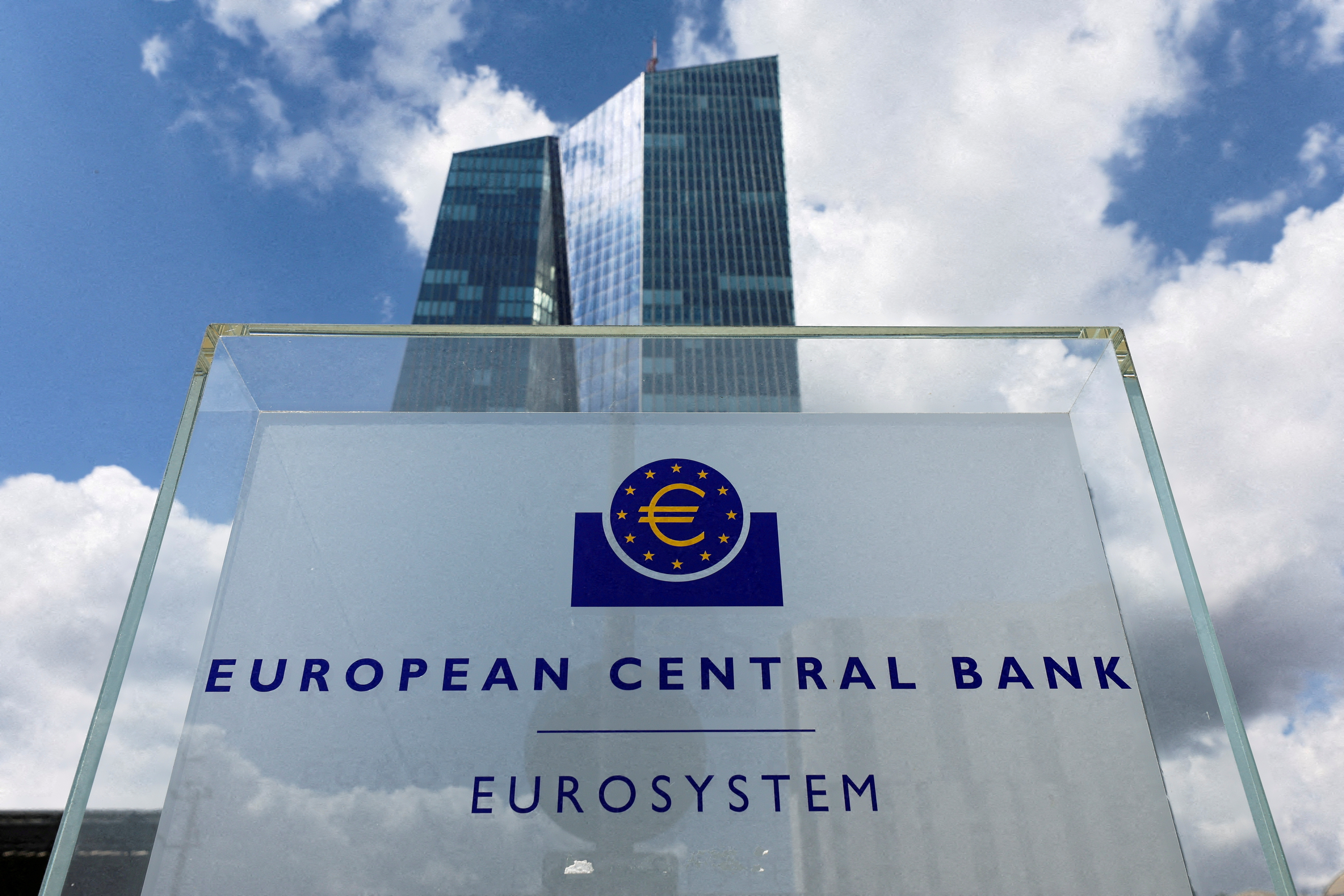The European Central Bank (ECB) is expected to reduce interest rates at its upcoming meeting this Thursday, offering new prospects for global investors looking to capitalize on market shifts.
That’s the bullish message from Nigel Green, the CEO of deVere Group, one of the world’s largest independent financial advisory and asset management organisations, as the region looks set to make the second cut in this easing cycle with Europe’s economy struggling to maintain growth momentum.
He says: “We expect that the ECB will implement its second interest rate cut of the year.
“We also predict another rate cut in December, followed by gradual reductions throughout 2025.
“This more accommodative monetary stance is expected to bring a fresh wave of liquidity into European markets, further supporting growth and potentially bolstering asset prices.”
At the same time, the euro appears to be sliding toward parity with the US dollar.
This shift is driven by markets increasingly pricing in aggressive action by the ECB as they look to stave off economic stagnation and support the Eurozone’s recovery.
“With the ECB stepping in to support the economy and the euro’s decline offering cheaper European assets for foreign investors, the current environment presents a unique opportunity for those looking to reposition themselves in global markets,” notes Nigel Green.
Investors are in a prime position to take advantage of the ECB’s rate cuts and the anticipated weakening of the euro.
Lower interest rates tend to be bullish for equities as borrowing costs decrease for businesses, supporting their ability to invest and grow. With Europe’s recovery efforts gaining traction, European equities stand to benefit from increased liquidity and investor demand.
“For global investors, this represents a timely opportunity to increase exposure to European stocks, particularly in sectors such as tech, energy, and consumer goods, which are likely to thrive in a lower interest rate environment.”
With the euro expected to slide toward parity with the US dollar in the coming months, investors with exposure to European assets may want to consider currency hedging strategies to protect their returns.
The deVere CEO explains: “For US-based investors, for example, a weakening euro makes European assets cheaper, but the currency depreciation could also impact the returns on investments denominated in euros.
"Hedging tools, such as currency options or forward contracts, could mitigate potential risks from exchange rate fluctuations while still capitalizing on the growth potential of European markets.”
As the ECB continues its easing cycle, bond yields in Europe are likely to decline.
“This could create opportunities in the fixed-income space, particularly in corporate bonds where investors may still find yield as businesses take advantage of lower borrowing costs.
“Additionally, for yield-hungry investors, diversifying into European bonds can offer relatively stable returns, especially as central bank policy continues to support credit markets,” says Nigel Green.
Whether it’s increasing exposure to European equities, hedging currency risks, or exploring fixed-income, the “current environment offers promising potential for those looking to capitalize on the ECB’s actions and the shifting global market dynamics,” concludes the deVere CEO.

